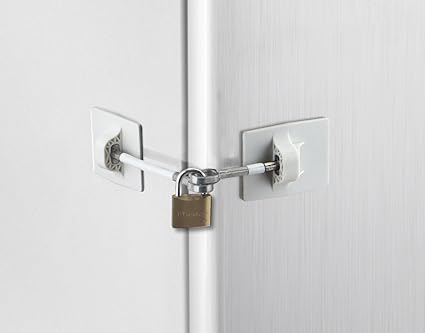Part of the game is figuring out how to minimize time and work where desirable. Some are happy with 8-hour brew days; others, like me, would appreciate a process as short as reasonably possible.
One way is to reduce as much chasing around for equipment as possible. When I started brewing everything was stored in the basement; I must have had 20 trips up and down by the time I was finished with a brew day. A lot of it was "shoot, I forgot to bring that up with me" types of trips.
To solve that, I bought a rolling cabinet for the garage into which most of the equipment could be stored. It's stored in a corner/nook in the garage. On brew day, I just roll that over to the space I was using to brew, and I was for the most part set.
Another way to reduce the length of the brew day is to do some setup/preparation the night before. Setting up a burner, filling the kettle with water, organizing water additions or hops, getting the grain set up--much of that can be done ahead of time.
A third way to save time, if you're doing all-grain, is to look into Brew-in-a-Bag (BIAB). Saves on cleanup, speeds things up. I was well under a 4-hour brew day using BIAB, and it's simpler. BIAB is the most relaxing way of brewing I've done.
Finally, trust that this will get better. I remember--vividly--how long my first few brews took me to finish. But as time went on, I got better at it, and it was faster. Not so much consulting directions all the time, or digging out this or that piece of equipment.
**************
Here are a few ways I organize to save time. Here's that rolling cabinet. It cost something like $209 from Sam's Club, which is stupidly cheap for what it is. The cabinet is 6' tall, 3' wide, 18" deep.
View attachment 604734 View attachment 604735
See that toolbox in the cabinet? It's a great way to store hydrometers, thermometers, water additions, all the flotsam and jetsam you need for brewing.
View attachment 604737
There are lots of ways to save steps and save time. The more you do that, the more relaxing you'll find a brew day to be, and the less time you'll have to devote to it.
************
And as to your question in the subject line: I brew about 20-25 times a year. The biggest problem is moving that beer out of the keezer to make room for another batch.








